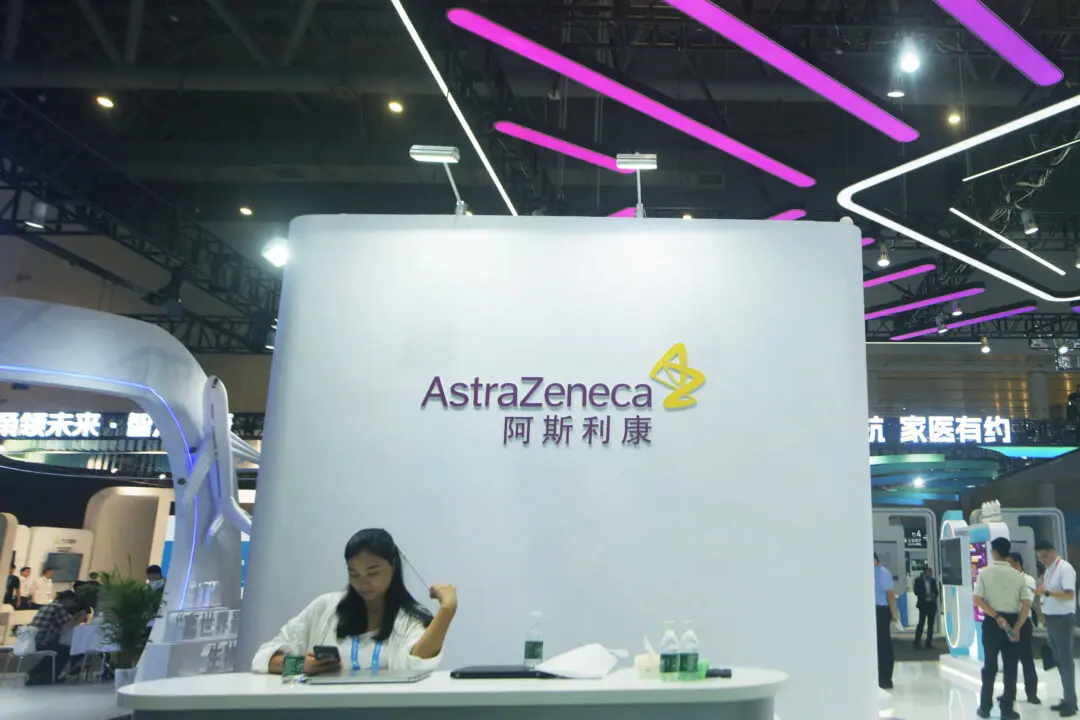BEIJING—China and the United States have made plans for face-to-face consultations over trade in January, the Chinese commerce ministry said on Dec. 27, as the world’s two biggest economies advanced efforts to resolve a months-long trade war.
Consultations through “intensive” telephone calls will continue in the meantime, Gao Feng, spokesman at China’s commerce ministry, told reporters, adding that talks have been steadily moving forward despite the Christmas break in the United States.





